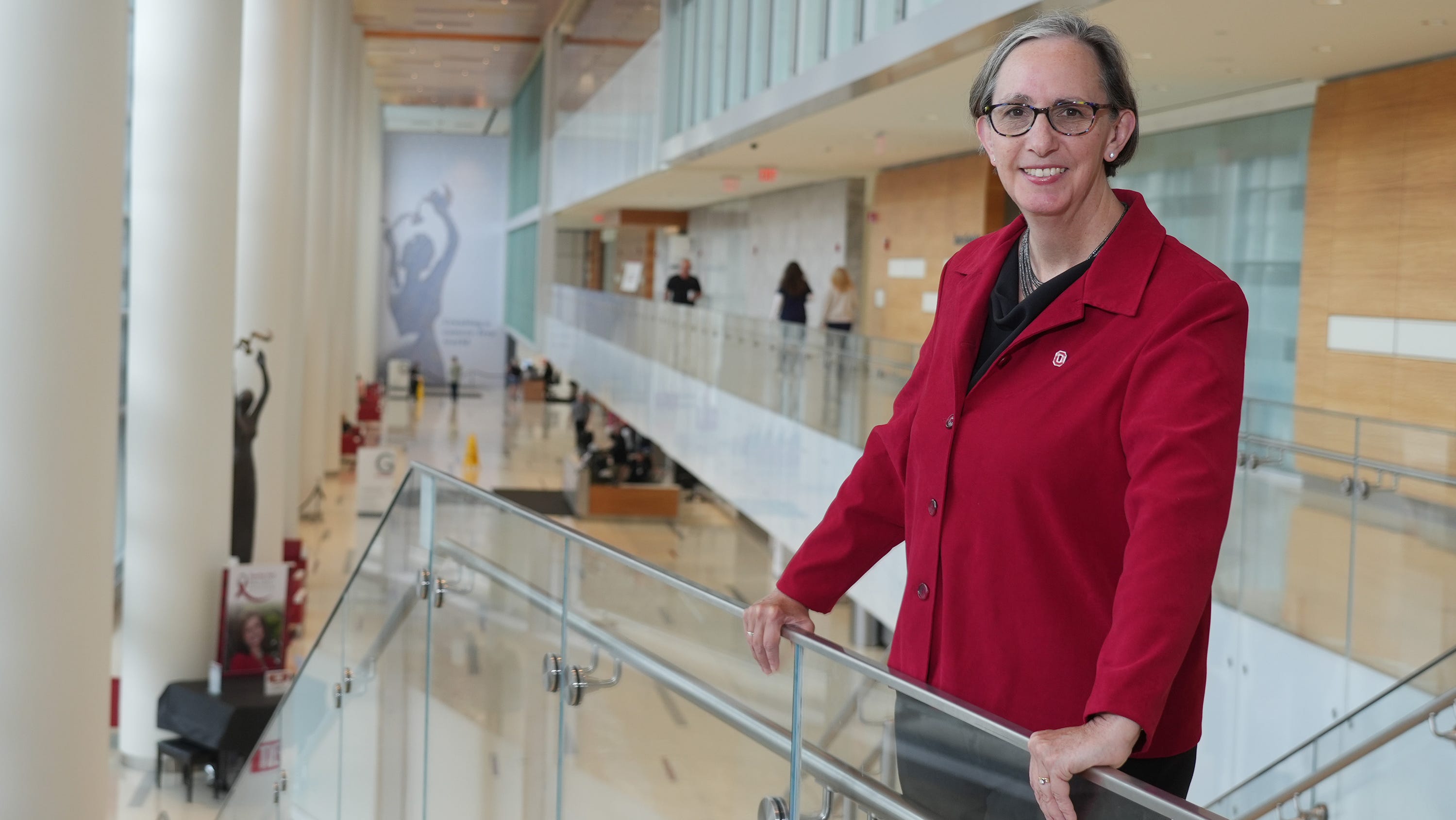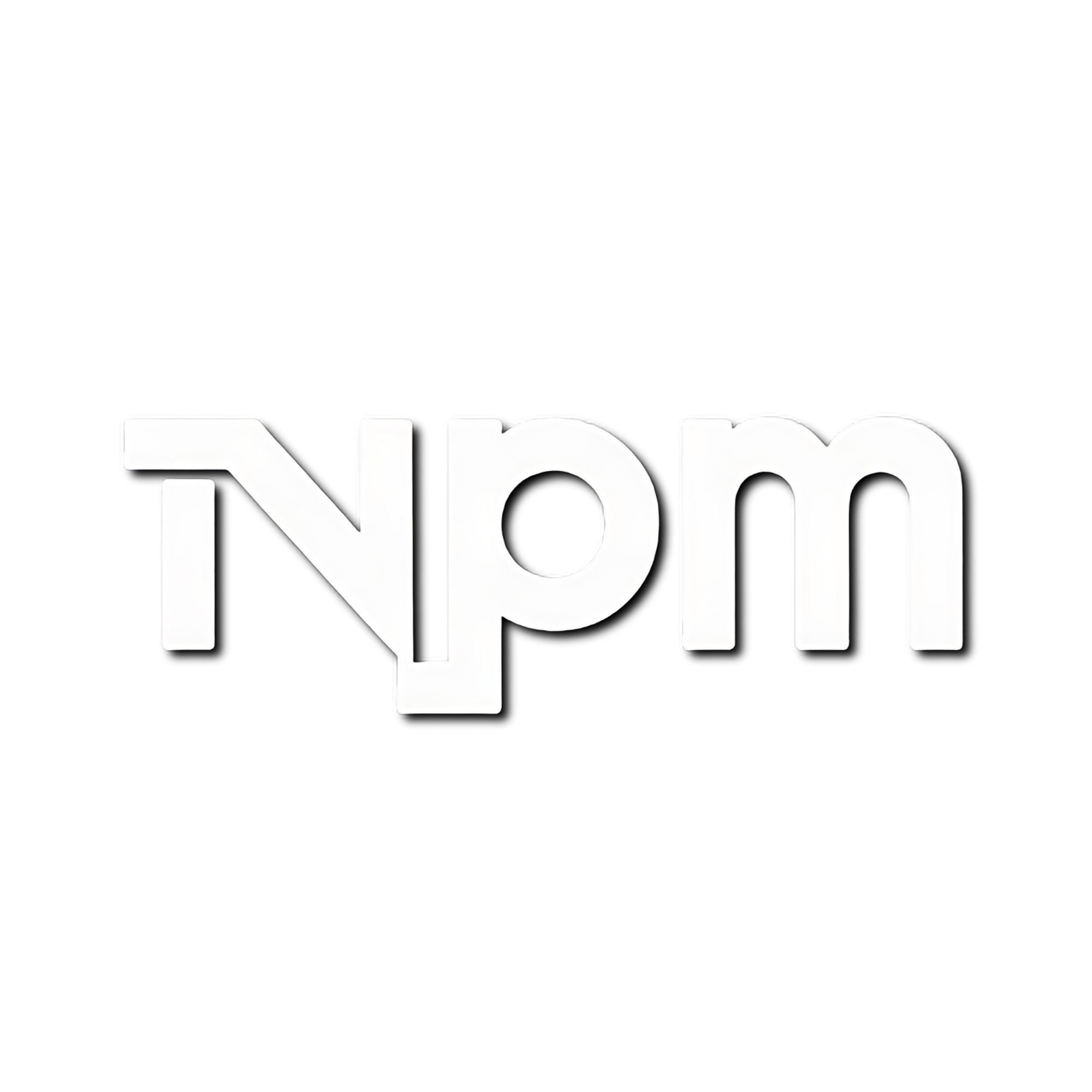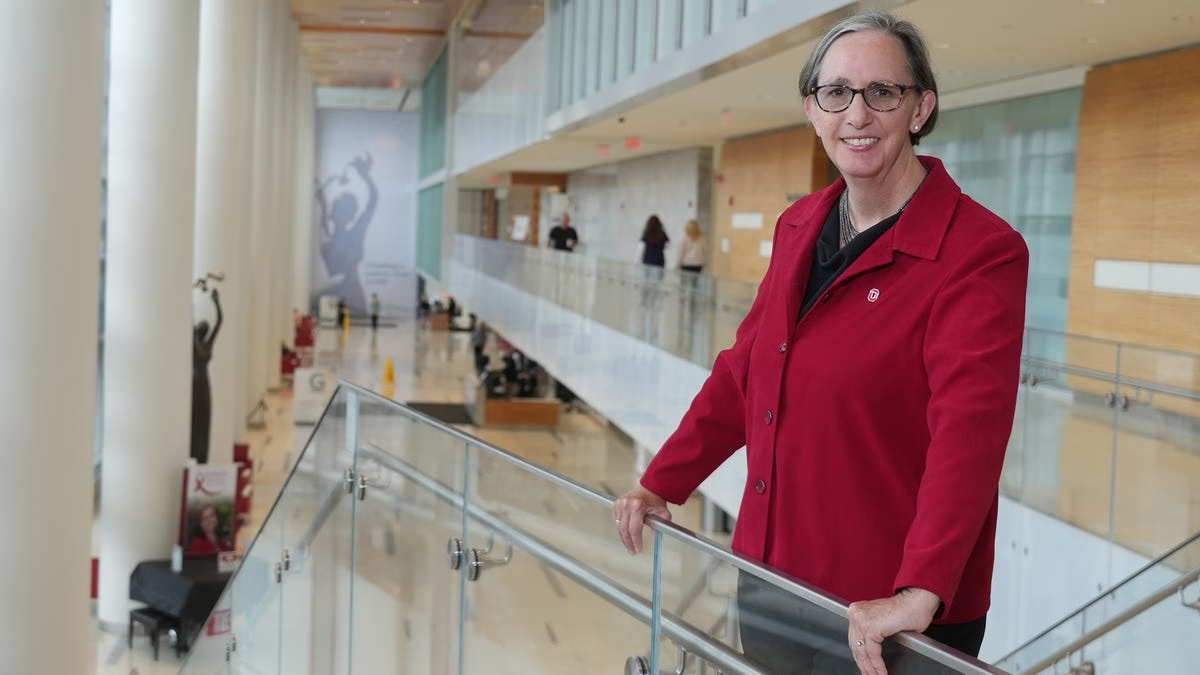
Dr. W. Kimryn Rathmell talks about her new role as CEO, opportunities
W. Kimryn Rathmell, MD, PhD, former director of the National Cancer Institute (NCI), has accepted the role as CEO of The Ohio State University Comprehensive Cancer Center – Arthur G. James Cancer Hospital and Richard J. Solove Research Institute.
Dr. W. Kimryn Rathmell knows that when it comes to eliminating the pain and suffering of cancer, no man, or world-renowned medical institution, is an island.
In May, Rathmell started as new chief executive officer of Ohio State University’s Comprehensive Cancer Center – James after a nationwide search, succeeding longtime interim CEO Dr. David Cohn.
In an interview with The Dispatch July 16, the former director of the National Cancer Institute (NCI) gushed over the “synergy” of science and practical medicine that can better inform how we treat and cure diseases. When these worlds intersect, research thrives and patient care gets better.
“I was a biology and chemistry major, and I did that intentionally… but back then, we didn’t have a biochemistry degree. But I felt like the chemistry could be really informative of the biology and it absolutely was,” Rathmell explained. “I’m a physician and a scientist because I live at that intersection, I can make really fundamentally basic sciences that are cancer-important… and that information can help the patient experience.”
That kind of collaboration, that no-man-is-an-island mentality, already exists at OSUCCC-James, Rathmell noted. It’s just one of the many reasons she came to the Columbus-based institution after her national leadership position, alongside its dedication to innovation, focus on cancer prevention, not just cancer treatment and its engagement and coordination with its community.
Rathmell still wanted to pursue the “big mission” of eliminating death from cancer, but still do work “at the ground level” like seeing patients and training students.
“There are really not many positions where you can be, like, vision and that kind of leadership and also still be in touch on the ground,” Rathmell said. “This offered that.”
A legacy of cancer care innovation
Former director for the NCI is only her most recent accolade. Rathmell was born in Nebraska, raised in rural Iowa, and earned degrees in biology and chemistry at the University of Northern Iowa.
On top of that, she received her biophysics degree and went to medical school at Stanford University, along with an internship at the University of Chicago and residency with the University of Pennsylvania. She liked tackling hard problems, she said, and working with patients through the entirety of their care, two motivations that married her physician-scientist identity early on.
Rathmell is considered one of the leading experts in cancer care and research, known for having spearheaded the fundamental science of investigating kidney cancers. She’s held professorships and leadership positions at University of North Carolina Chapel Hill and Vanderbilt University, where she led many clinical and transitional trial programs and mentored hundreds of junior researchers.
Those mentees, she said, who are “now tackling the toughest problems in medicine” are what she’ll be proudest when looking back on her career.
Rathmell’s research has resulted in over 300 published and peer-reviewed journals, and she’s been a go-to resource for the National Institutes of Health for over a decade. Earlier this year, she received the American Cancer Society Medal of Honor, the highest honor the organization can give and just one of many honors that medical organizations have bestowed on her.
In 2022, to gain more knowledge in the business side of health care, Rathmell got her masters in health care management from the Vanderbilt University Owen Graduate School of Management.
When she got the offer to head NCI in 2023, she called it “thrilling” and she “couldn’t sleep for days.” In her two years as director, Rathmell ensured training and education stayed funded, and Cancer Care Networks that were hubs of clinical care and research collaboration stayed open.
Getting oncology everywhere
Now at OSUCCC-James, Rathmell hopes to keep building on what the institution has set a foundation for.
Engaging with the community and their needs is a priority, not just in central Ohio, but throughout Ohio’s 88 counties, Rathmell said. Her hope is to take the discoveries and specialists at OSUCCC-James to every part of the state, rather than asking those who need care to come to Columbus to access them.
One example is with current mobile lung-cancer screening with telehealth follow-ups so the health system can reach those without transportation or those in more rural areas to try to catch cancer before its progressed to a more severe stage.
Rural health care is a space that Rathmell said she’s inspired to get creative in, having grown up in rural Iowa herself, and she was excited that OSUCCC-James was already working in it. She offered clinical trials by mail and creating partnerships with local doctors and laboratories already established in those areas as an example, a method that would eliminate existing barriers like long drives or a lack of transportation.
“FedEx gets everywhere, so why can’t oncology get everywhere?” Rathmell queried.
The mission has to continue
Rathmell’s appointment came just ahead of major disturbances to the health care landscape under President Donald Trump’s administration, including millions in federal health funding cuts and a swath of changes to Medicaid.
The new CEO said she is watching federal changes closely in this new era of Medicaid. “It does keep me up at night,” she lamented, recalling 20 years ago when she saw more frequent late-stage cancer diagnoses and less health care coverage.
“We really don’t want to get to where that’s somehow the norm again. I do think it’s important that we double down on prevention and early detection,” she said.
When it comes to overall health funding, the OSU-CCC’s financial portfolio is one Rathmell can perhaps sleep on a little easier.
“One of the things that I was impressed by even when I visited here is how well balanced the portfolio is already. I think that will position us well…” she said, noting the institution’s funding through grants, philanthropy and clinical margins to support research.
“It’s prudent, anyway, and smart business to be looking at ways that we can take our discoveries and get them into commercialization… thinking about opportunities to partner in different ways with industry,” Rathmell said. “We’re thinking about a lot of different ways that we continue that support, because the mission is critical. It absolutely has to continue.”
Medical business and health care reporter Samantha Hendrickson can be reached at [email protected]


Leave a Reply